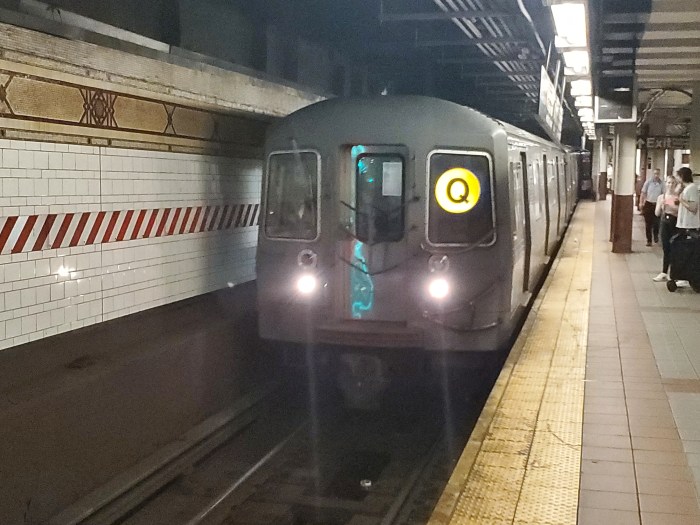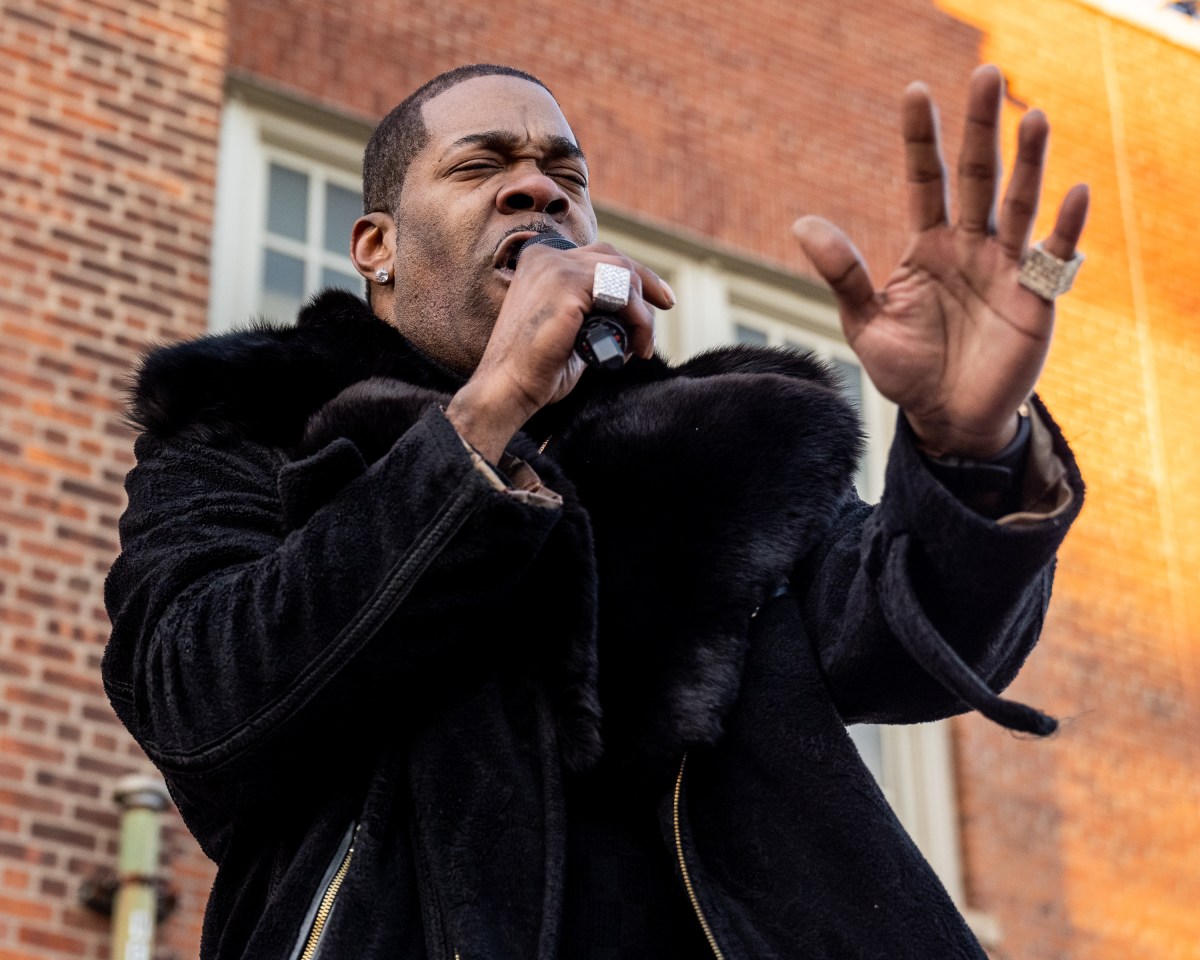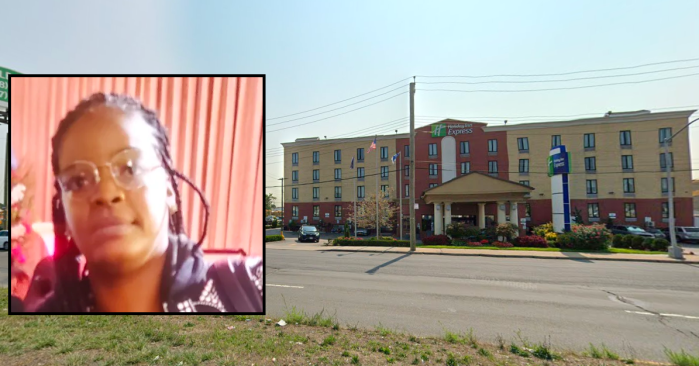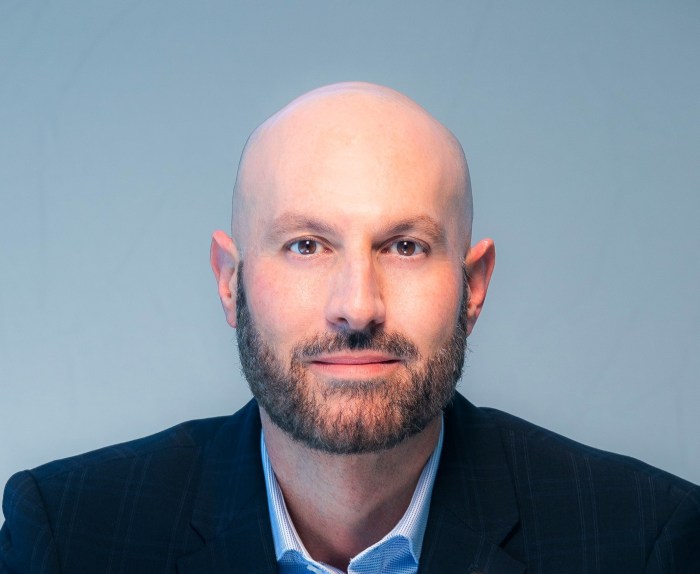There were lots of references to dialogue between New York and transit officials at the City Council Monday when it came to funding the MTA’s $32 billion plan to fix the transportation system, but no words yet on how the plan will be funded.
The City Council heard from MTA officials about the agency’s next five-year capital plan, currently missing about $15 billion in funding that must be made up through an infusion of additional government money, borrowing, a plan to raise revenue from the system or some kind of mix.
But the MTA was unwilling to say what is being considered at this point and council members were largely silent on what they would support to fund transportation. Still, transit officials were bullish on getting the money they need to keep the system running.
“We certainly hope the full program will get done,” said Craig Stewart, senior director of MTA capital programs.
The $15 billion the MTA needs to find, he added, “isn’t unusual.”
Still, transit observers and lawmakers have long said there must be a sustainable stream of revenue to fund new services.
The MTA plan had been approved by its board, but rejected by an Albany panel last week, as expected. The MTA is currently banking on federal money that Congress has yet to pass, bonds, real estate revenues and $125 million a year from New York City to fund half of the program.
Stephanie DeLisle, the MTA’s director of capital funding, declined to say what options are being considered to raise revenue when asked by Councilman Ydanis Rodriguez, transportation committee chair.
“We will be open to all sources that provide a robust and stable source of funding to the capital program,” she said.
The New York Building Congress offered up new vehicle registration fees, higher gas taxes
Queens Councilman Mark Weprin mentioned “at my own political risk” transit engineer “Gridlock” Sam Schwartz’s Move NY plan. The proposal claims it can boost outerborough transit services by raising $1.5 billion a year mainly through rebalancing bridge tolls around the city and adding a taxi surcharge on trips in Manhattan’s main business district. (An MTA official at the hearing said they are aware of the plan but have yet to formally discuss it with Schwartz.)
“If you give me a plan that helps my people more than it hurts them then I can support that idea,” Weprin said.
MTA spokesman Adam Lisberg said after the hearing that the capital program is the start of a very long process and that the MTA is already asking the city to put in more money than they have in recent years.
“We know that it’s not easy to get significant infusions of funding even if people agree how important it is to get it,” he said.


































